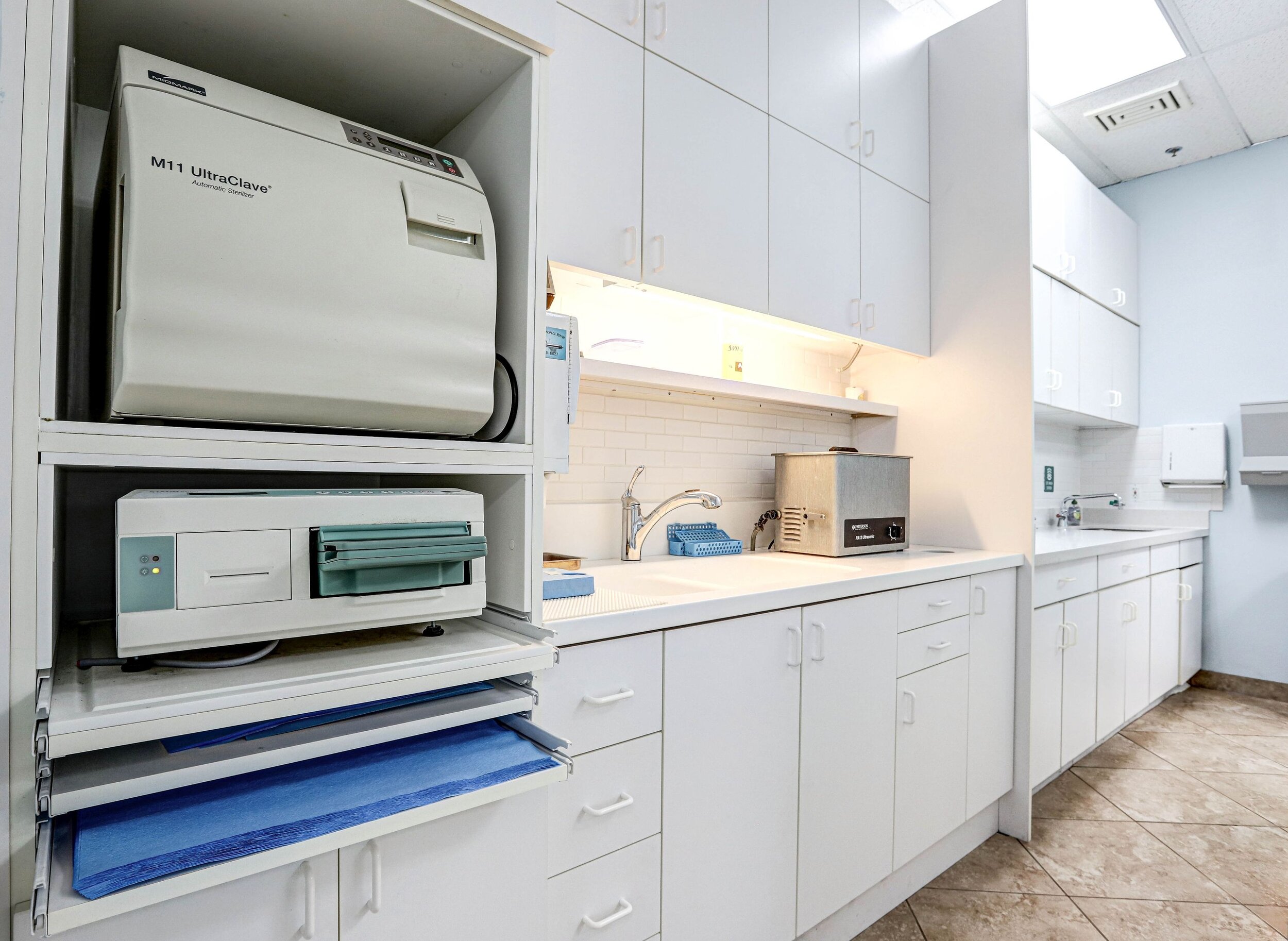
Emergency Dental Care in Glendale, AZ
We have a variety of pain management tools for emergency dentistry and can confidently say that we will manage your pain. We want you to be comfortable during your visit, and offer everything from numbing gels and local anesthetic to nitrous oxide or ‘laughing gas.’ It is part of our commitment to being a gentle and caring dental practice.
We do not do sedation because there are other, safer alternatives.
Most common dental emergencies requiring immediate treatment:
A Broken Tooth:
A tooth can break because of large or repeated fillings. What causes this is replacing large and successive fillings, requiring the removal of portions of a tooth to the point that it breaks. It’s also possible for teeth to crack. What causes them to crack may vary, but usually involves the grinding of your teeth at night. Additionally, at age 50, teeth naturally weaken. All of these factors can lead to cracked or broken teeth.
Severe Toothache:
There are many causes that progress to extreme tooth pain. Some dental procedures lead to severe toothache. This pain can endure for several hours to a couple of days. In addition, pulpal and gum abscesses can also create severe pain. This will cause painful chewing and biting. Inflammation on a wisdom tooth may also lead to intense pain. Every one of these examples demands emergency dental attention. Anticipate the dentist examining your tooth, and even prescribing pain medications.
Acute Pulpitis:
Acute pulpitis is inflammation of the pulp inside a tooth. It’s a condition caused by tooth decay or trauma. Prompt dental care is essential to ease the pain involved with this.
Tooth Abscess:
In the case of a tooth abscess, root infection can cause sporadic pain. It’s common for the tooth to have intermittent pain. On top of pain, other symptoms include gumline swelling, face swelling, and occasionally a loose tooth. Medication can help reduce the pain; nevertheless, dental treatment is required.
Gum Abscess:
In this type of abscess, food stuck between the tooth and the gum will cause the gums to become infected. The resulting symptoms are swollen and bleeding gums.
Emergency Dentistry
Emergency dental treatment is available after hours, whether you need to determine the course of action to take, such as whether you need an after-hours office visit, or an infection that needs to be treated with antibiotics. Your dental care is still a priority to us, even when we are out of the office!
When Dr. Fineberg is out of town, she has a trusted colleague to handle emergency calls.